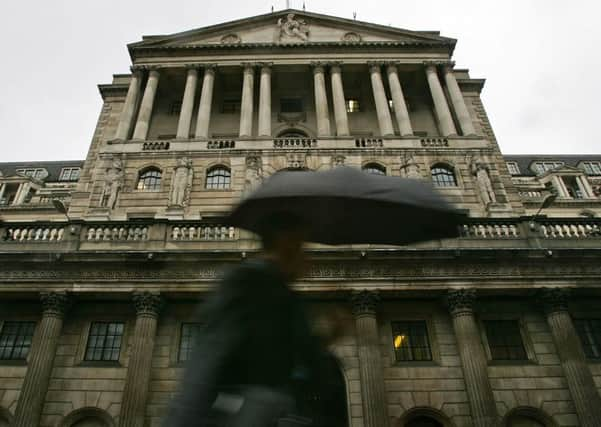Martin Flanagan: BoE policy merits scrutiny by MPs
This article contains affiliate links. We may earn a small commission on items purchased through this article, but that does not affect our editorial judgement.


The Bank did so by adopting ultra-low interest rates and buying up hundreds of millions of pounds worth of government bonds to loosen bank lending to households and businesses. It was high stakes.
But an opposite viewpoint is that the BoE helped borrowers at the expense of savers, did little to stop the surge in house prices disenfranchising the millennial generation from the mortgage arena, and contributed to the pensions crisis because of the knock-on effects of that monetary policy on financial markets.
Advertisement
Hide AdAdvertisement
Hide AdThe Treasury select committee, chaired by the laconically forensic Andrew Tyrie MP, has launched an inquiry into the economic and social impact of that policy.
A second strand of the probe will be to examine whether there is a danger of political pressure being put on the central bank. It follows Prime Minister Theresa May’s use of her party conference speech in October to say that low rates and quantitative easing (QE) had been an “emergency medicine” in the financial crisis but had produced “some bad effects”.
May said people with assets had prospered, those without had suffered. She said that change had to come. The BoE has countered that it doesn’t believe its monetary policy has had much bearing on wealth and income distribution, and that it won’t take lessons on its policies from politicians, thank you.
The Treasury committee inquiry is therefore timely. It will serve to highlight its role of safeguarding the operational independence of the Bank of England, while enabling it to scrutinise the unintended consequences of monetary policy.
Coming in a year when rampant populism has shaken elites, it is also surely healthy to have the low interest rates and QE of the technocrats at the Bank scrutinised.
This is not to infer that current monetary policy is necessarily misguided. I think it was actually necessary to avert the economic depression mentioned at the start of this article.
But that policy, and any nascent threat to the Bank’s and governor Mark Carney’s independence from politicians, are worthy subjects for the glare of the public spotlight.